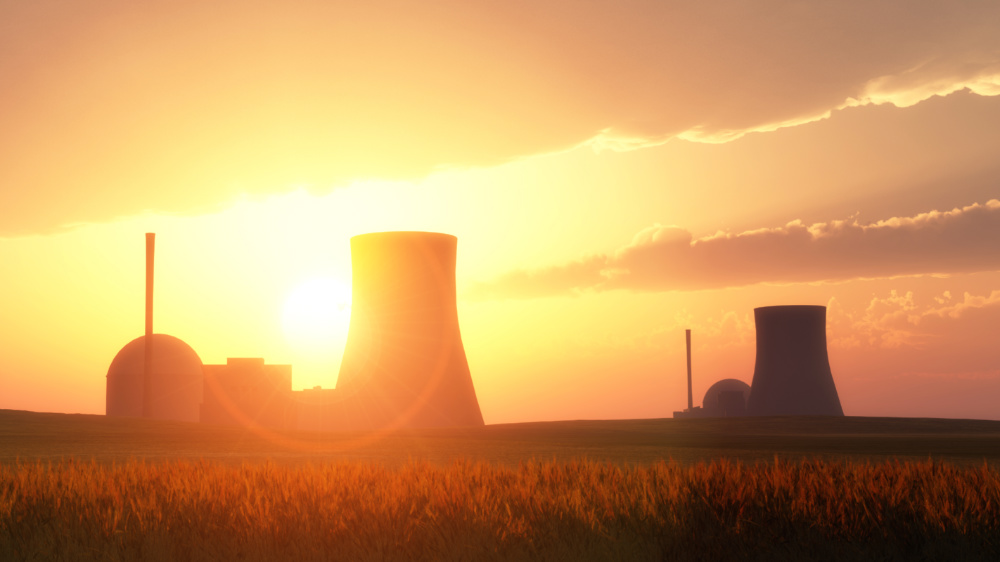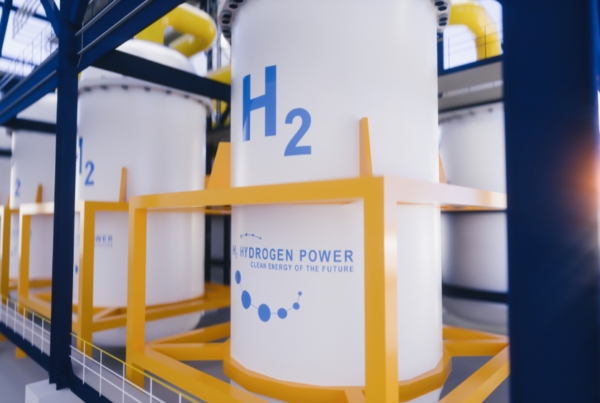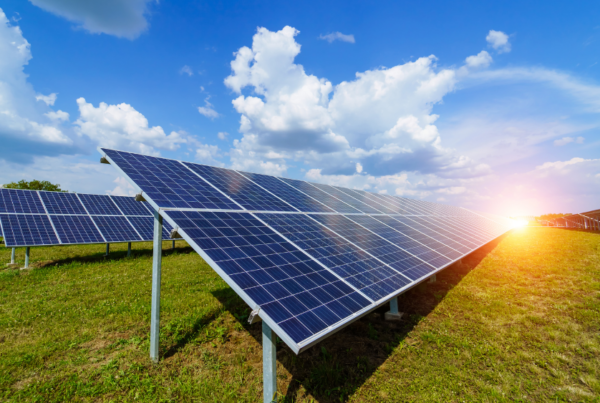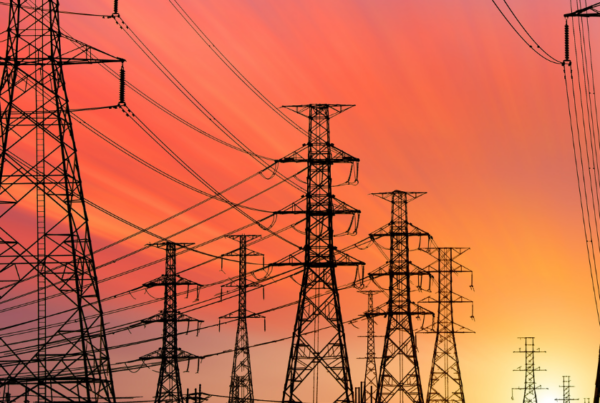
We are pleased to present Aurora’s new strategic insight report, Annual outlook & market consensus scenario: Aurora’s long-term outlook for the GB power market and market consensus survey results and scenario. The report includes a summary of our Central forecast for the GB power market that was published in April 2021, as well as key comparisons to Aurora’s Net Zero scenario and ‘Market Consensus’ scenario which was formed through our client survey.
The report was first presented during a Group Meeting held on 11th May 2021, and was subsequently updated to reflect market developments.
Key takeaways from this report include:
- Gas prices are expected to rise in the long term to an average of £25/MWh in the 2030s, driven by increasing global gas demand and a greater reliance on LNG supply. Total GB carbon prices are forecast to rise to an average of £66/tCO2 in the 2040s, and £75/tCO2 by 2050 as decarbonisation efforts surge. However, uncertainty remains over short-term UK ETS prices.
- The decarbonisation of heat and transport is expected to increase total annual power demand by 50% from today’s levels to 2050. Hydrogen is expected to play an important role to reduce emission in the harder-to-abate sectors with demand expected to reach 125 TWh by 2050. Electricity demand will be heavily influenced by the uptake of hydrogen electrolysers which could place additional upward pressure on demand.
- Aurora Central forecast expects an additional 60 GW of renewable capacity by 2050 that will be delivered through a combination of merchant solar and onshore wind, and CfD-backed offshore wind. The need for firm and flexible capacity is forecasted to remain high to maintain system security. Despite the growth in renewables, baseload prices are expected to rise to an annual average of £60/MWh in 2030s due to higher demand, gas and carbon prices.
- Under the current policy framework, GB is set to miss its decarbonisation targets by 295 MtCO2e and will only achieve carbon-neutrality through mass electrification and the adoption of CCS and hydrogen. Aurora Net Zero forecasts electricity demand to reach 643 TWh by 2050 (36% higher than Aurora Central) and hydrogen demand to reach 367 TWh (~200% higher than Aurora Central), while low carbon capacity is expected to reach 193 GW in 2050 compared to only 55 GW installed today.
- Our Market Consensus survey results reveals a bullish view on the buildout of renewables, but bearish on firm thermal and nuclear capacities relative to Aurora Central. The Market Consensus inputs resulted in a continued loss of load from 2040s. With a higher renewable penetration, baseload prices are forecasted to be ~£10/MWh lower on average relative to Aurora Central in the 2030s.
This is subscriber-only content. Not a subscriber yet? Find out more about our GB Power Market package.






